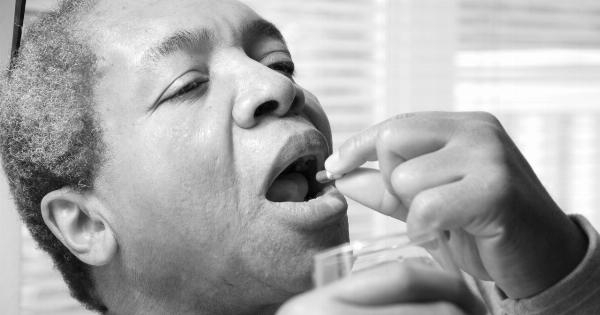Placebo treatments have been a topic of debate and controversy for many years. Skeptics argue that placebo treatments are nothing more than a hoax, while others believe they can have a significant impact on patients’ health and well-being.
In this article, we will explore the concept of placebo treatments, their effectiveness, and examine whether they are just a sham or a legitimate therapeutic option.
What is a placebo treatment?
A placebo treatment is a substance or intervention that has no therapeutic value but is given to a patient with the expectation that it will have a positive effect.
Placebos can come in various forms such as sugar pills, saline injections, or even sham surgeries. The key element of a placebo is that it lacks any active ingredients or biomedical effect.
The placebo effect
One of the most intriguing aspects of placebo treatments is the placebo effect. The placebo effect refers to the phenomenon where a patient experiences a perceived improvement in symptoms or health outcomes after receiving a placebo treatment.
This effect is not fully understood but is believed to be influenced by several factors, including the patient’s belief in the treatment, the doctor-patient relationship, and psychological factors.
Are placebo treatments effective?
While skeptics argue that placebo treatments are mere trickery, numerous studies have shown that they can indeed have real, measurable effects on patients.
For instance, a study published in the New England Journal of Medicine found that patients with irritable bowel syndrome who received placebo treatments experienced significant improvements in their symptoms compared to those who received no treatment at all.
Furthermore, placebo treatments have been shown to have positive effects in a wide range of conditions, including pain management, depression, and even Parkinson’s disease.
Researchers believe that the placebo effect can trigger the release of natural painkillers and neurotransmitters in the brain, leading to the relief of symptoms.
The ethics of placebo treatments
While placebo treatments may show promise in certain cases, their ethical implications cannot be ignored. The use of placebos raises concerns about informed consent, as patients may be deceived into believing they are receiving an active treatment.
Additionally, relying solely on placebos without addressing the underlying medical condition may lead to delayed or inadequate care, causing harm to patients.
Placebos in clinical trials
Placebos play a vital role in clinical trials, serving as a comparison group against which the effects of the active treatment are measured.
In these cases, participants are informed that they may receive either the active treatment or a placebo, ensuring transparency and ethical practice. The use of placebos in research allows scientists to determine the true efficacy of a treatment by comparing it to a control group.
The nocebo effect
Just as the placebo effect can lead to positive outcomes, the opposite phenomenon, known as the nocebo effect, can have negative consequences.
The nocebo effect occurs when patients experience adverse effects or a worsening of symptoms after receiving an inactive treatment, solely due to their belief that it will cause harm. This further highlights the power of the mind in influencing health outcomes.
The role of psychology in placebo treatments
Psychological factors play a significant role in the effectiveness of placebo treatments. The patient’s trust in their healthcare provider, the belief in the treatment’s efficacy, and the overall mindset can influence the outcome.
As a result, the doctor-patient relationship, communication, and empathy are crucial in harnessing the placebo effect ethically and effectively.
Placebo treatments as a complementary therapy
Some argue that rather than dismissing placebo treatments as a hoax, they should be considered as a viable complementary therapy.
Integrating placebo treatments into conventional medical care may offer benefits such as reduced reliance on medication, psychological support, and improved patient outcomes. However, it is essential to ensure that placebo treatments are used ethically, with informed consent and in conjunction with evidence-based practices.
The future of placebo treatments
Placebo treatments continue to intrigue researchers and healthcare providers alike. Ongoing studies seek to better understand the underlying mechanisms of the placebo effect and how it can be harnessed to benefit patient care.
As our understanding of the mind-body connection deepens, placebo treatments may find their place in a broader range of medical interventions.
Conclusion
In conclusion, while placebo treatments may have once been dismissed as mere hoaxes, scientific evidence suggests they can have genuine effects on patient well-being.
The placebo effect is a powerful phenomenon that highlights the influence of psychological factors on health outcomes. However, the ethical considerations surrounding the use of placebos must be addressed to ensure patient autonomy and optimize healthcare practices.





























